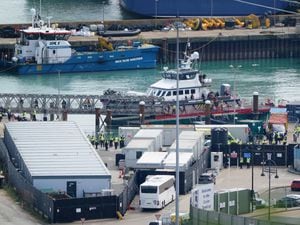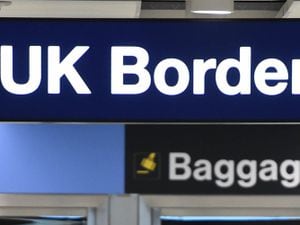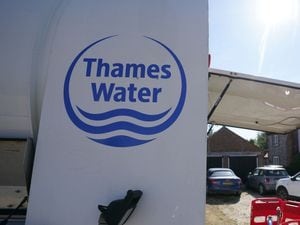‘Intensive’ Brexit trade talks resume in London as deal deadline looms
EU chief negotiator Michel Barnier says he will ‘seek the necessary compromises on both sides’ in the talks.
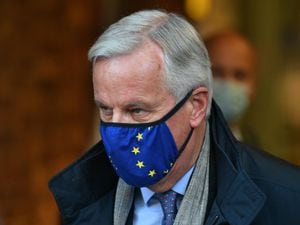
UK and EU Brexit negotiators have embarked on an “intensified phase of talks” after Brussels said both sides needed to compromise on trade issues.
The EU chief negotiator Michel Barnier made conciliatory signals to his UK counterpart Lord Frost as the deadline for a deal looms.
Number 10 acknowledged that “significant gaps” remain between the two sides and it was “entirely possible that negotiations will not succeed”.
But there were some upbeat reports that a deal could be done within two weeks, with the Daily Telegraph reporting that Lord Frost believed Brussels was applying a “fundamental” change of approach to the talks.
The negotiations had been in limbo after Prime Minister Boris Johnson’s previous deadline for a deal passed last week.
The key issues of contention remain fishing rights, the governance of any deal and the “level playing field” aimed at preventing unfair competition, which includes state subsidies.
With the Brexit transition period set to end on December 31, time is short to reach an agreement.
Both sides had previously said a deal would need to be reached by mid-October in order to allow time for ratification.
Referring to the resumed Brexit negotiations between London and Brussels, the Prime Minister’s official spokesman told a Westminster briefing: “In terms of the timeframe, I think, what I would say is that time is now very short.
“We have been repeatedly clear that any agreement needs to be in place before the end of the transition period.”
Mr Barnier arrived in London on Thursday evening wearing an EU flag face covering.
Mr Barnier told the European Parliament on Wednesday: “Our door remains open.
“It will remain open right up until the last day when we can work together.”
But he said “it takes two to make a deal”, adding: “We are not sure that’s the outcome we will obtain and that’s why we need to be ready to deal with the consequences of a possible no-deal scenario.”
Extending an olive branch to the UK, Mr Barnier indicated the EU was willing to make compromises – but only if Mr Johnson also agreed to give ground.
“We will seek the necessary compromises on both sides in order to do our utmost to reach an agreement and we will do so right up until the last day which it’s possible to do so.”
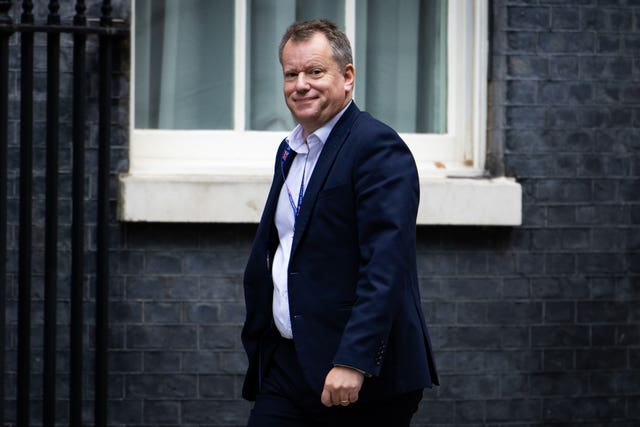
Downing Street said the UK’s position had been set out by Mr Johnson and Michael Gove, who had been clear the EU had to be serious about talking intensively, on all issues, and bringing the negotiation to a conclusion, as well as accepting that it was dealing with an “independent and sovereign country”.
A Number 10 spokesman said: “We welcome the fact that Mr Barnier acknowledged both points… and additionally that movement would be needed from both sides in the talks if agreement was to be reached.
“As he made clear, ‘any future agreement will be made in respect of the decision-making autonomy of the European Union and with respect for British sovereignty’.”
If a deal is not possible, the UK will end the transition period “on Australia terms” – without a deal with its largest trading partner.
The spokesman said: “It is clear that significant gaps remain between our positions in the most difficult areas, but we are ready, with the EU, to see if it is possible to bridge them in intensive talks.”

